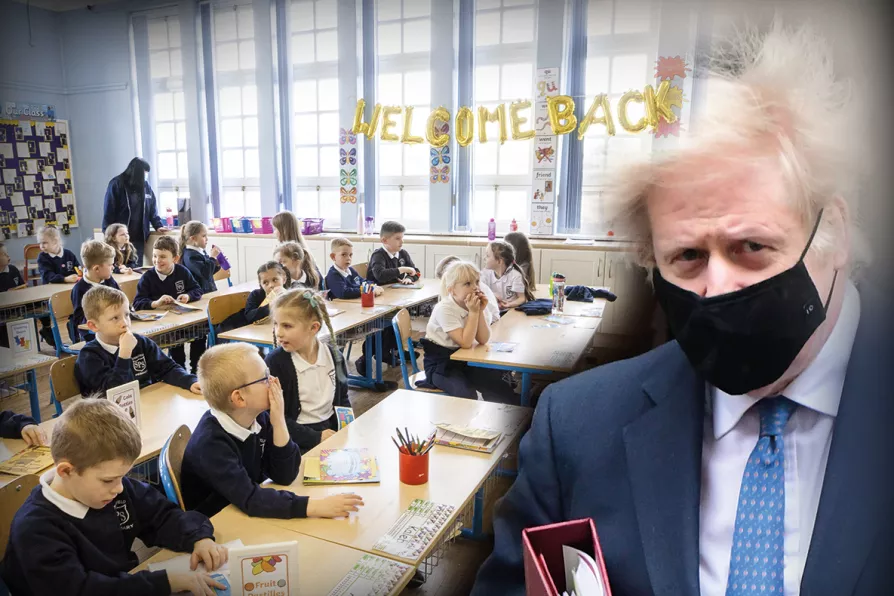RICHARD BURGON MP speaks to Ben Chacko about the Labour right’s complicity in the Mandelson scandal and the need for a total break with Starmerism if the party is to defeat Reform


SO the kids are returning to schools. Not in the single “big bang” Prime Minister Boris Johnson wanted but with some staggering at least.
Those on the ground, especially in secondary schools which also have tests to administer, know this makes sense.
Mercifully, Johnson had the sense not to try to enforce all returning at once on March 8 so there was at least some mitigation — though hardly enough.

Here are the voices of DANIEL KEBEDE, FRAN HEATHCOTE, HOLLY TURNER and LEANNE MOHAMAD explaining why they will be taking part in the People’s Assembly No More Austerity demo next weekend

We face austerity, privatisation, and toxic influence. But we are growing, and cannot be beaten

Educators must fight for an inclusive, creative system that values all children











